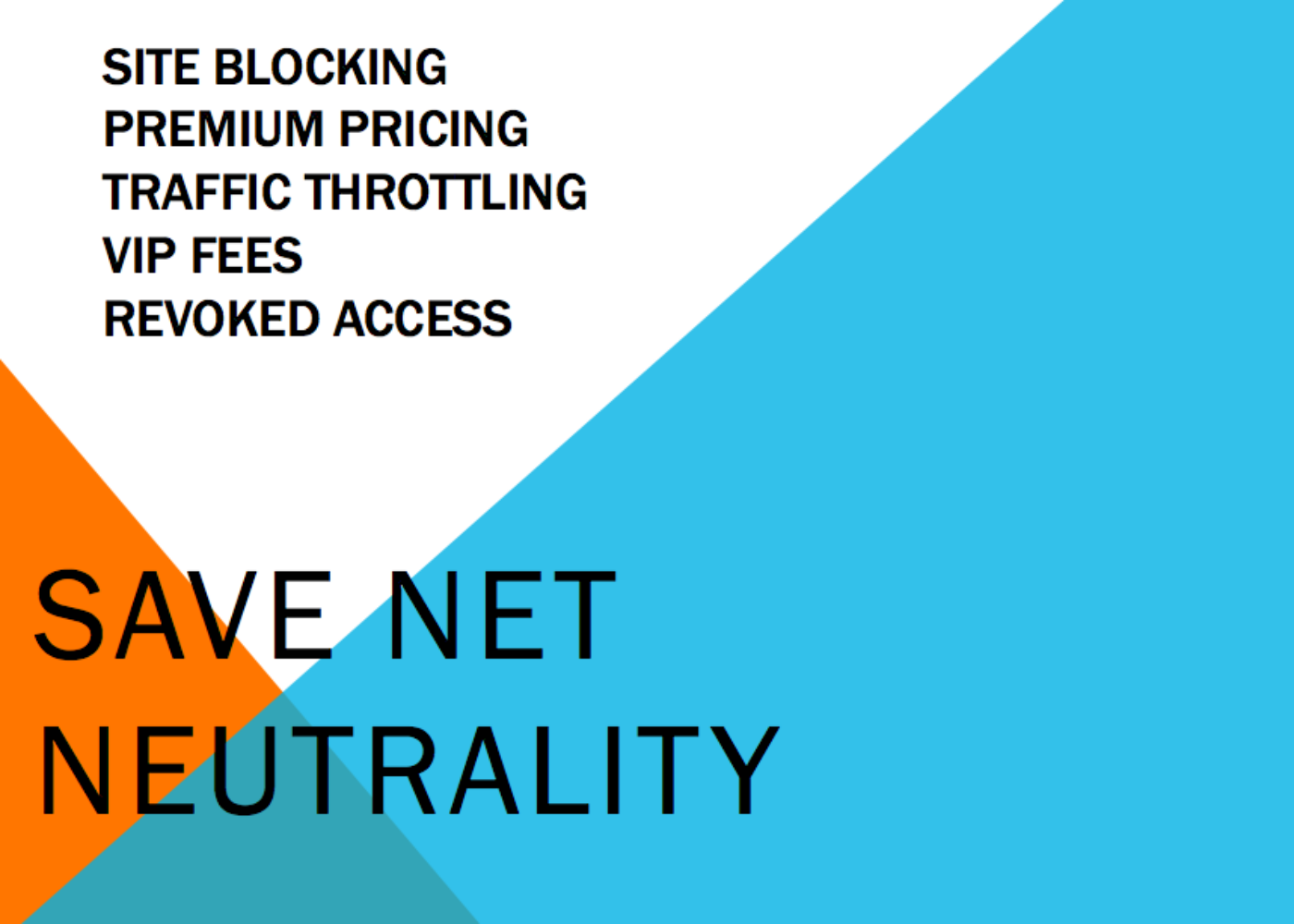Information Discrimination: The Critical Importance of Net Neutrality

Today, the Federal Communications Commission (FCC) voted to revoke net neutrality. What exactly is that? It’s freedom to decide what you see on the internet, without having to pay for basic or premium packaging. Net neutrality basically means that your internet service provider doesn’t filter the content flow of what you see online.
But the FCC voted against net neutrality, giving service providers the option to offer up the Internet’s very own EZ Pass lanes. You pay more, you get faster access. It’s a bad idea, as it can cripple freedom of information, entrepreneurship, connectivity and so much more.
As might be expected, net neutrality is a liberty that Americans and people around the world hold dear. Recent polls show that 80% of us want net neutrality and do not want it repealed.To take away that liberty strikes most as un-American.
According to AdWeek, “Without net neutrality, service providers like Verizon, Comcast and AT&T could either block certain websites or charge consumers to access content, granting companies the ability to basically outbid each other for access to the internet. By nixing the net neutrality rules, the FCC will no longer police high-speed internet delivery like a utility. Instead, these service providers can create “fast lanes” for companies that pay money to deliver content faster.”
Companies and consumers rose up to protest today’s FCC decision. The United States until today stood with Canada, South America and Europe—true to net neutrality. But with the FCC vote today, we have been placed in a category with Russia and China.
To see what countries have net neutrality and which don’t, the Global Net Neutrality Coalition has a map here.
The blowback across social media was fierce.
80% of Americans are against this decision by the FCC. That’s a massive percentage of us united on something during such a politically divisive time.
This isn’t only about #NetNeutrality. This is about democracy. When 80% of Americans don’t want something, and the government does it anyway, that is a direct violation of the will of the people. It erodes faith in government as an institution worth engaging in or even defending.
— Scott Santens (@scottsantens) December 14, 2017
And yes, the internet brings us trolls, bullying and defamatory behavior that is abusive.
But it also brings us information that advertising-backed programming on mainstream media doesn’t. Access to more information.
And this is personal to me, as my TEDx talk has been translated into dozens of languages, reaching families around the world, families battling cancer, severe food allergies, farmers coping with massive financial stress as Monsanto’s operating system takes over. We’ve used the internet to campaign on so many issues close to our hearts.
Freedom should not be silenced or bundled into pay per view and premium packages.
So, once again, rise up. Contact your Senators and Congressmen. Before this can be adopted, it first has to appear in the Federal Register.
The risk is that information is broken up into content packages that we have to pay for like cable: basic to premium.
Let your reps know that you have to #DoSomething to save #NetNeutrality. Let them know that recent polls show that 80% of us want net neutrality and do not want it repealed. That’s incredible bipartisan support.
Now let’s act on it.
Contact Your Member of Congress Here.





